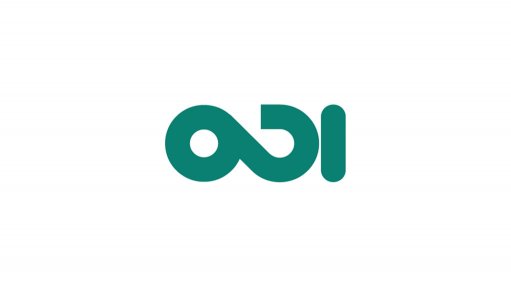
This report was commissioned in response to issues identified in the Domestic Revenue Mobilisation Strategy (DRMS) in order to identify the changes to the policy-making process that could add value, such as quality of the technical analysis and inclusiveness of the process itself – transparency, gender impact awareness and integration with government economic policy.
Uganda’s tax system is broadly conventional from a structural perspective. There are significant taxes on goods sourced through international trade and revenues have shown considerable growth in nominal terms over recent years but it is clear that they remain well below expectations. Uganda is currently a low-income country, faced with the familiar dilemma of needing to raise the level of tax as a share of GDP significantly in order to fund government projects and programmes, while simultaneously wanting to provide an economic environment that encourages both domestic and inward investment. It also faces significant economic and social challenges such as the acute shortage of formal employment opportunities for young people, the need for higher levels of skills in the country’s workforce, and the pressure to modernise and commercialise the agricultural sector. Tax has a bearing on these issues. In this environment, tax policy needs to be creative and interventionist.
Report by the Overseas Development Institute